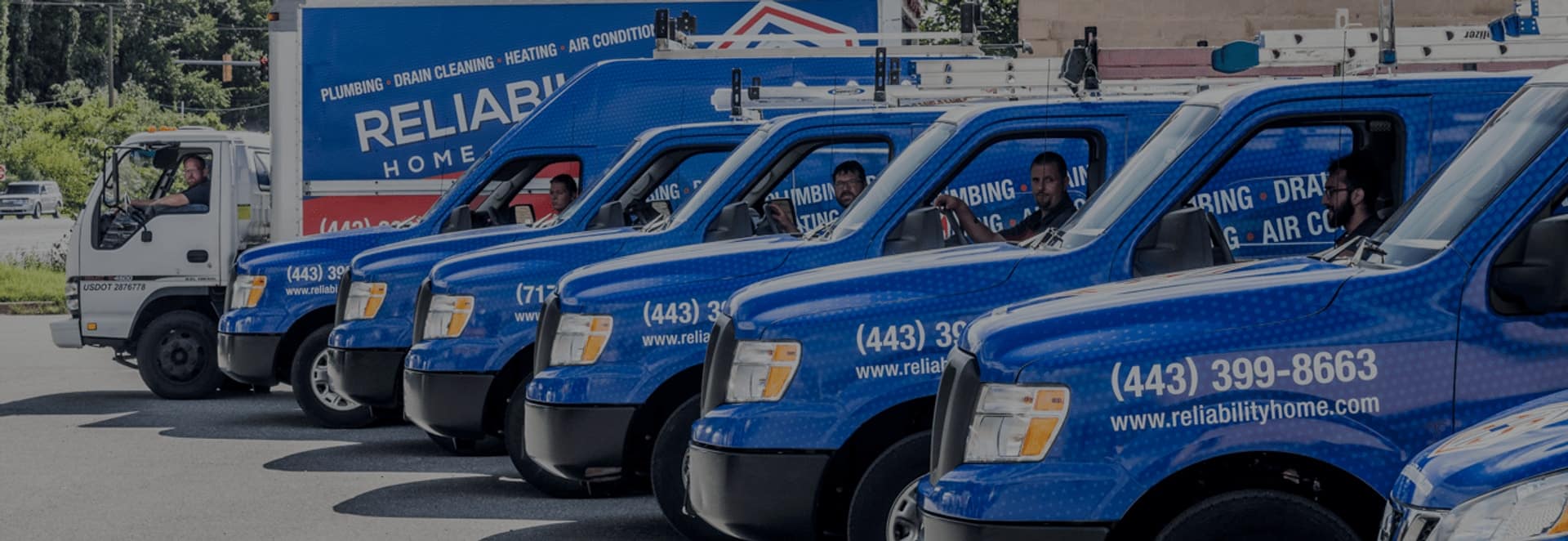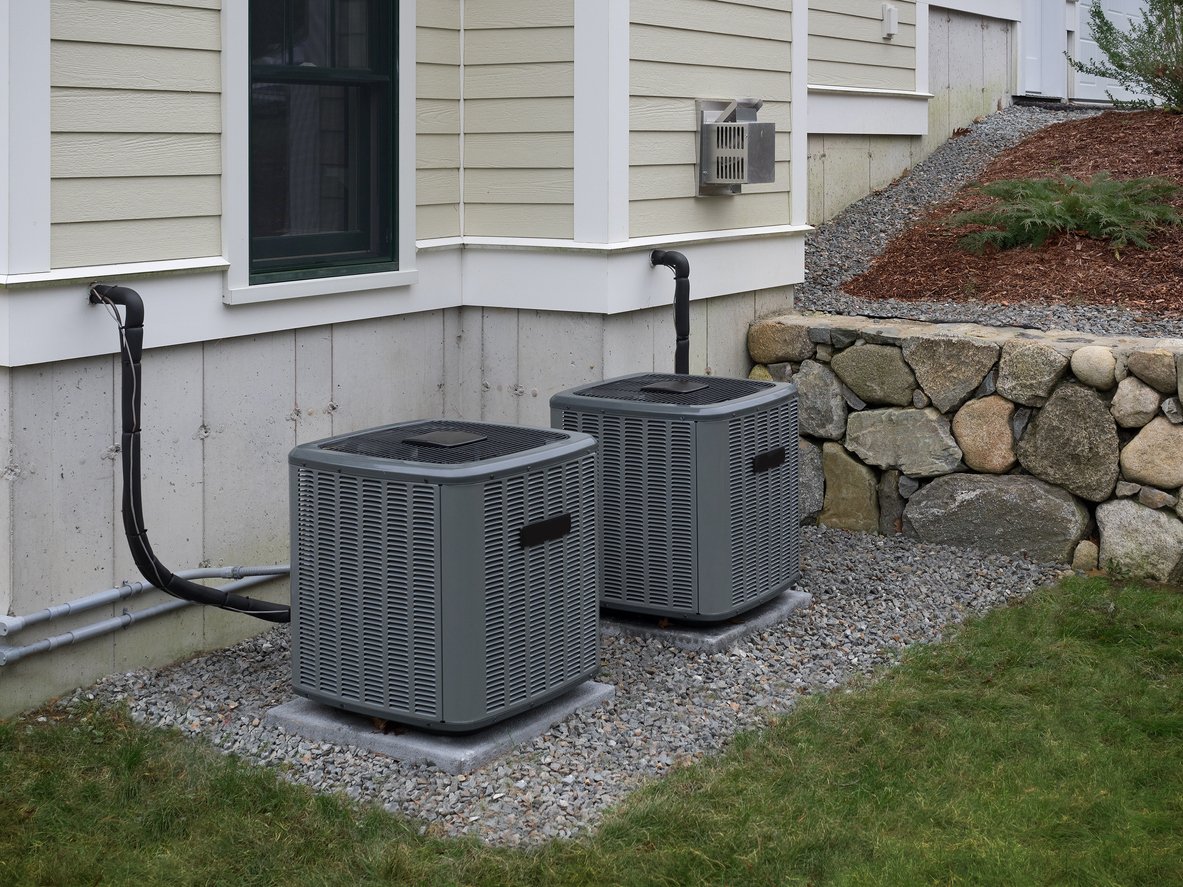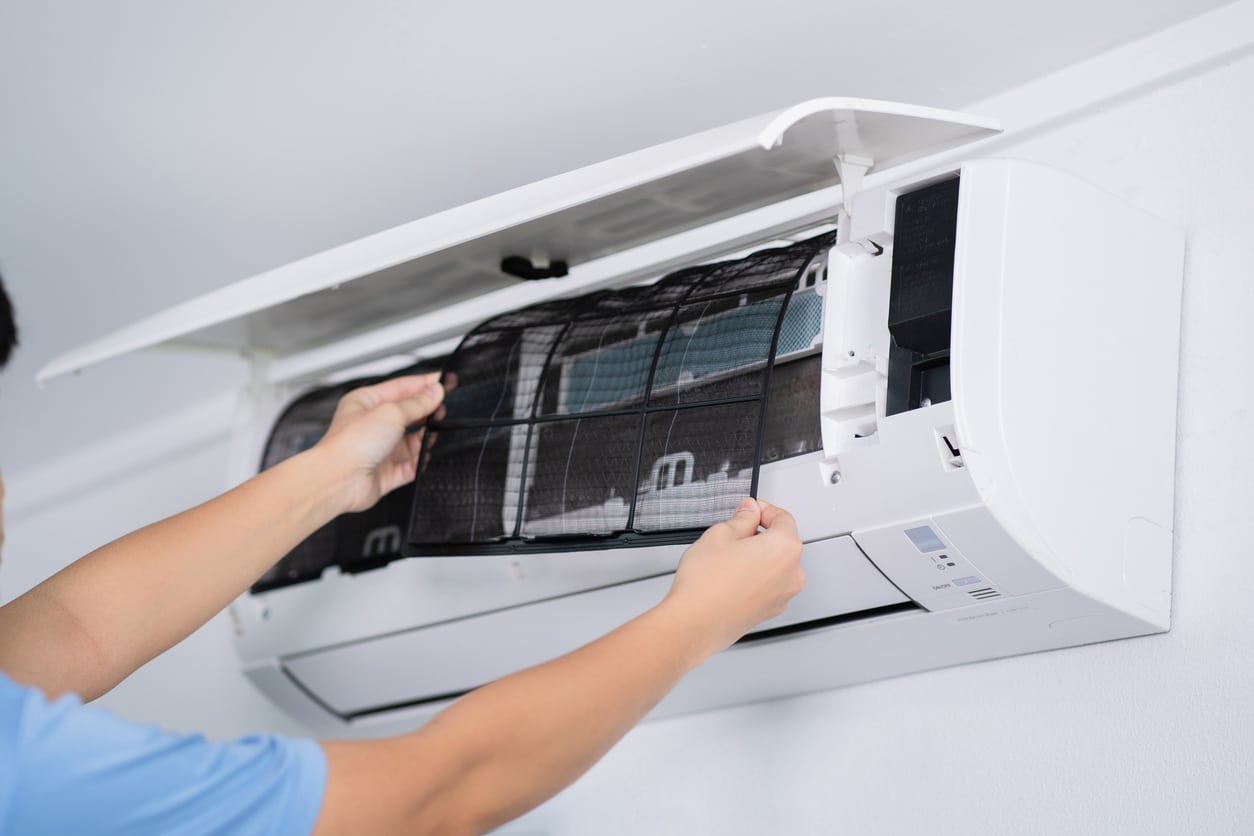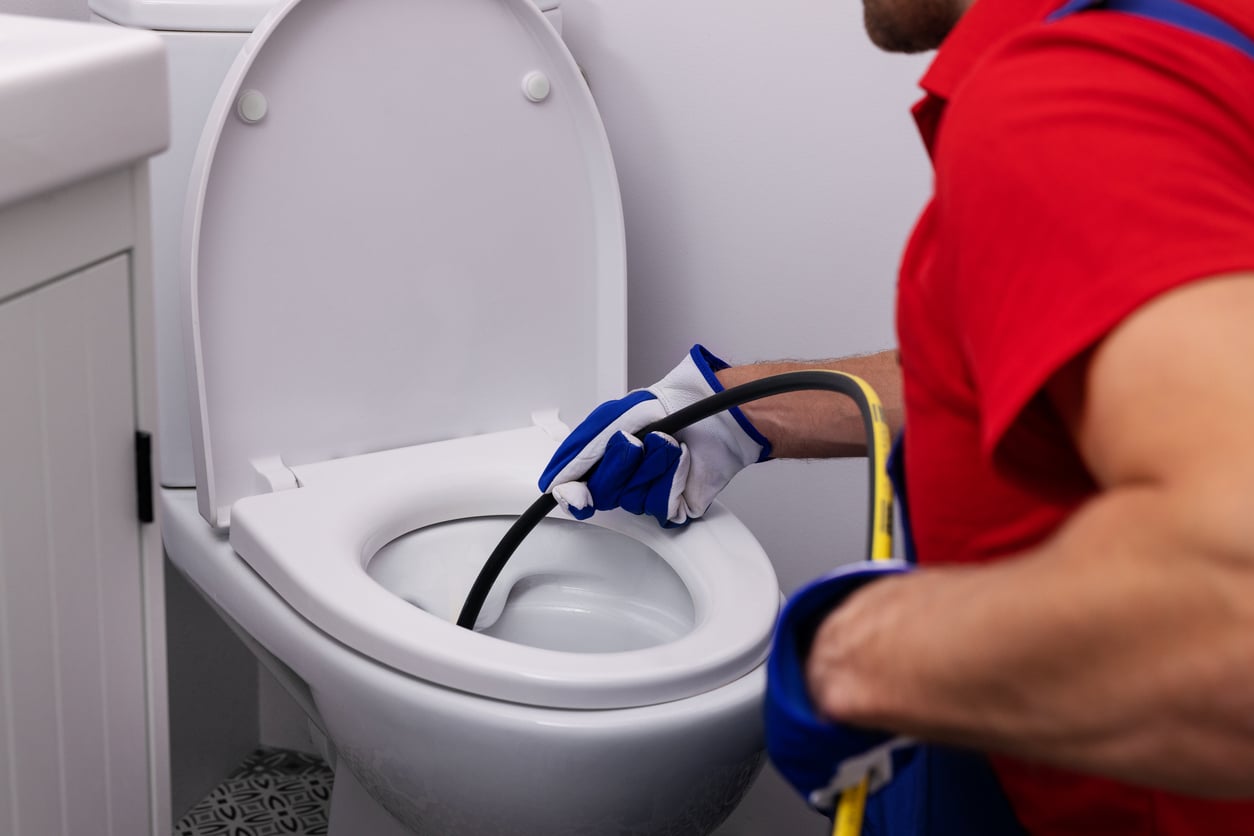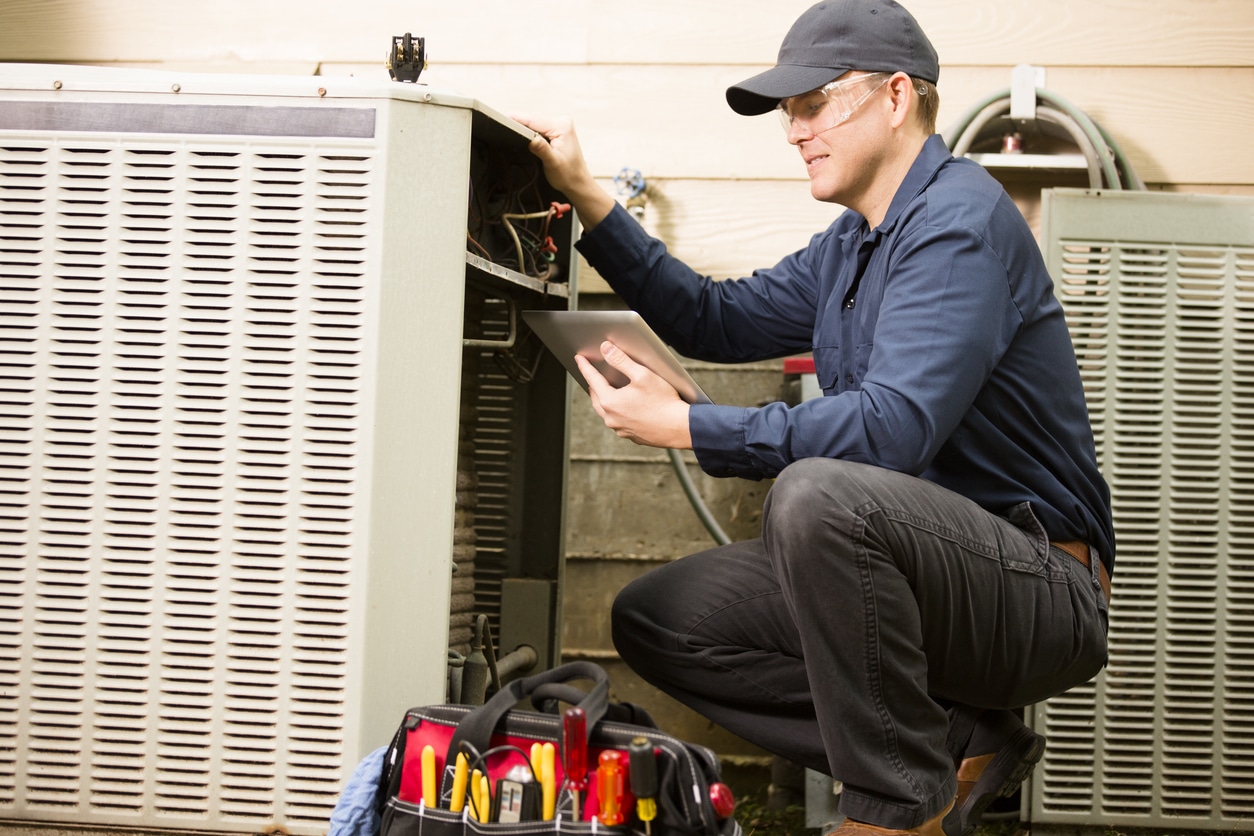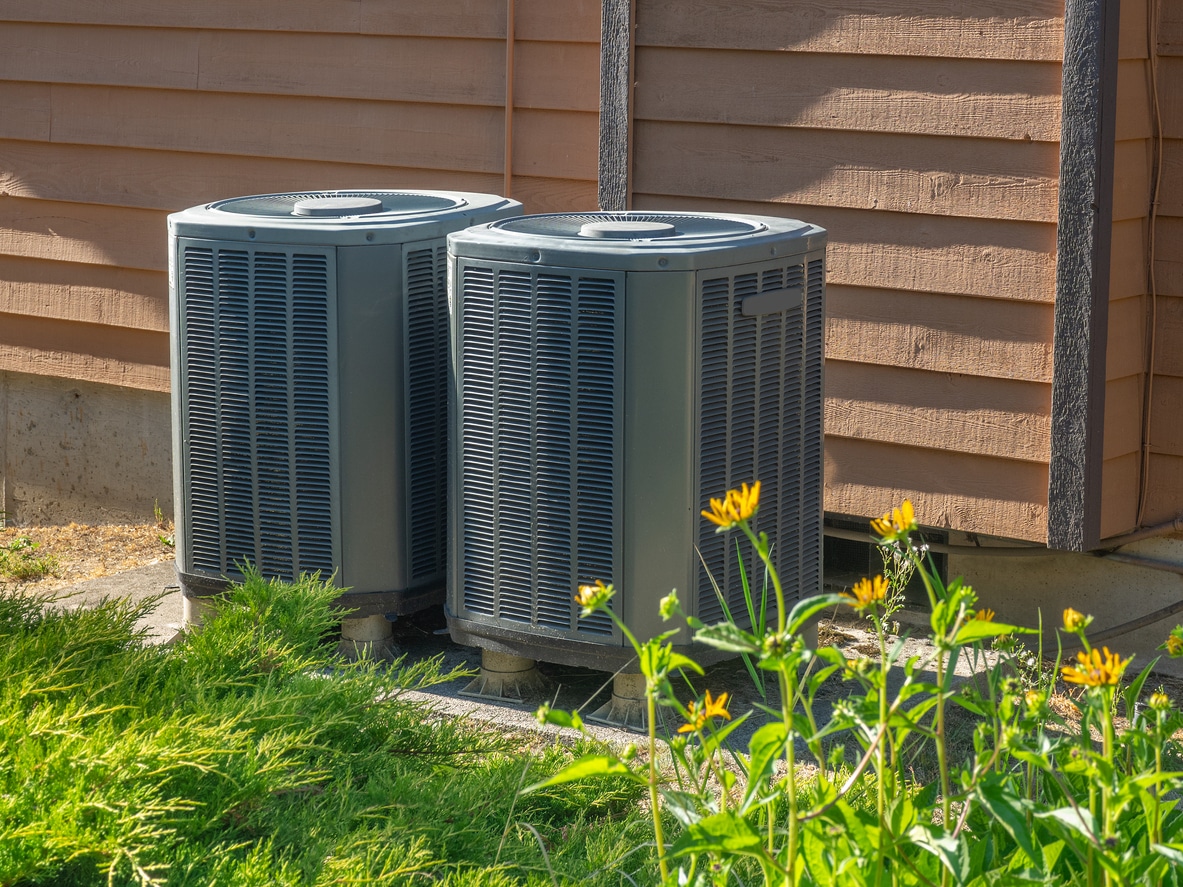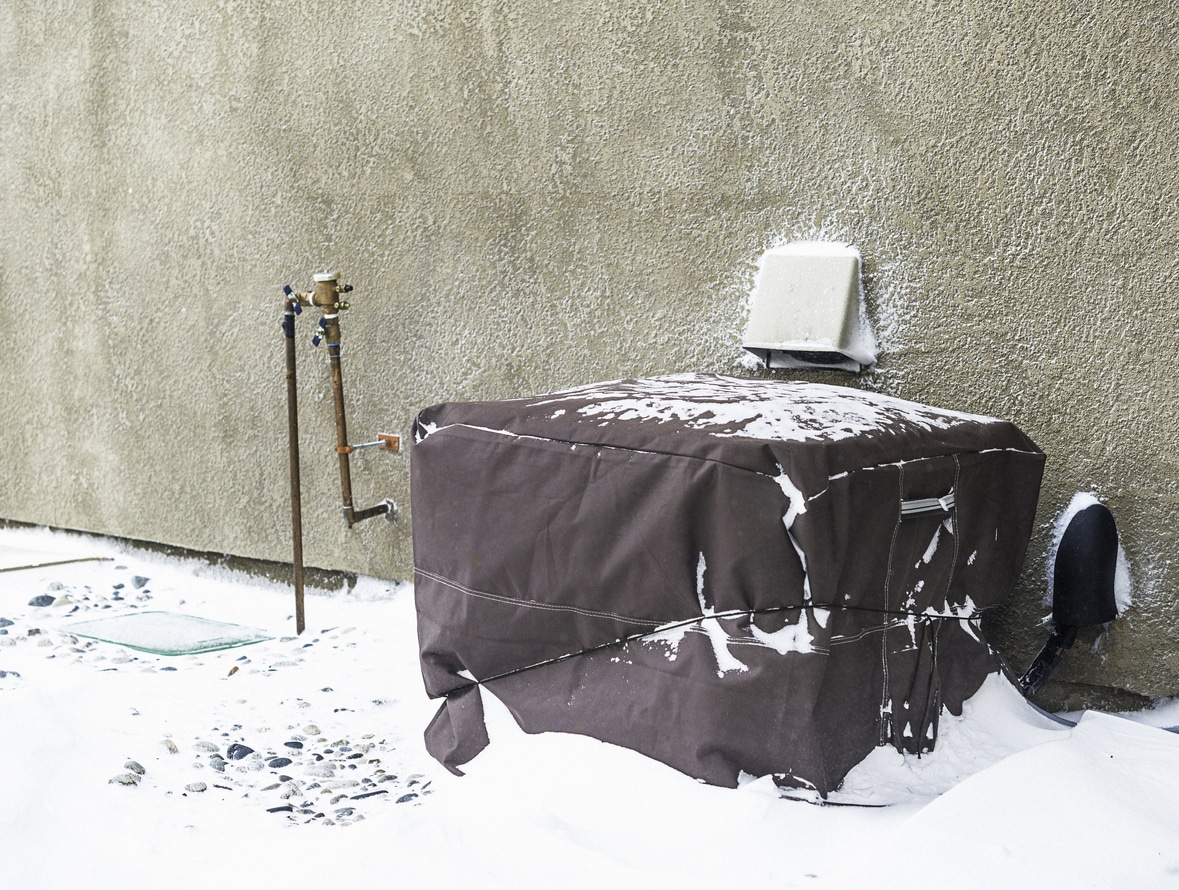If you’re in the market for a new HVAC installation in Dundalk, you are entering a strange world. The average homeowner doesn’t realize how different HVAC systems are. Unlike some other components of your home, the HVAC isn’t one-size-fits-all. Find out how units vary and what you should consider when choosing a new HVAC.
Heating and Cooling Split Systems
By far, the heating and cooling split system is the most common type of HVAC system. In one system, there are two separate units. One unit handles the heating, while the other takes care of the cooling. If you look on the outside of a home with this system, you’ll notice an exterior cooling unit. It uses refrigerant and a compressor/coil setup to cool the air. There’s also a fan that blows warm air out.
Typically, the heating component is in the basement of a home. It relies on gas and uses a fan or evaporator to send air throughout the building. By adjusting the thermostat, homeowners can change the heat output.
Because these systems are so effective at maintaining the temperature of almost any indoor environment, they’re often used in both commercial and residential applications.
Hybrid Split System
Although this system is similar to the split system mentioned above, it’s not identical. Energy efficiency is what truly sets the hybrid system apart and is why more and more individuals are switching to this model.
A hybrid system has the ability to switch between electricity and gas. At times, gas has advantages over electricity. It’s quicker and more powerful than electric, but electric is quieter and more energy-efficient. By having control over which fuel heats your home, you can maintain your home’s comfort level and energy use.
This system is best for mild climates, where electric heat is enough to get the job done. Much like traditional systems, a hybrid relies on ducts to distribute the air and thermostats to control the temperature. For individuals who strive to use less energy, a hybrid system is highly appealing.
Duct Free Mini-Split
Also known as a ductless system, the mini-split system has individual units in your home’s various rooms. As a result, you have more control over the temperature in each area. The units usually mount on the wall and connect to an outdoor unit.
A mini-split system isn’t cheap. When you ask a heating and air conditioning service near me about an installation’s upfront cost, you might hesitate. But this type of system comes with many other benefits and can save you money in the long run. If you build an addition to your home or want to heat or cool a garage, a ductless system could be the best option.
This is because there is no need to connect with the ductwork in your home. When you do renovations, the cost of hooking up to a traditional duct system is cost-prohibitive and intrusive. A mini-split system makes it much more affordable and easier to add heating and cooling to the new space.
Who Else Uses Mini Split Systems?
For commercial purposes, mini-split systems are particularly beneficial. The ability to control individual units is ideal for hotels and apartment complexes. When each room or department can set their own temperature, comfort, and energy efficiency is at a high.
Reducing waste is essential to both residential and commercial property owners. With traditional systems, there is energy waste on empty rooms. The mini-split completely eliminates that waste and saves you both energy and money.
Packaged Heating and Air
Despite the fact that packaged heating and air isn’t standard, it’s still a good option for some households and small businesses. The whole system sits in a heating and air unit, which is inside the property. Although the location of it varies, the unit usually goes in an attic or high storage space.
This system heats and cools an entire home. However, its small size makes this system the most effective for small homes. In homes that don’t have the potential for an exterior unit, a packaged system is usually the go-to choice. As an added benefit, they’re very efficient and easy to maintain.
In cold climates, a packaged system might not be able to keep your home comfortable during the winter. The heating system isn’t particularly powerful and often relies on electricity. If your home has a high demand for heat, you should think twice before installing this system.
How to Decide Which HVAC Installation is Right for You?
When choosing a new HVAC system, you have several details to consider. All of the following may affect your decision:
The Size of Your Home
To heat or cool a small home, you don’t need a large and powerful HVAC system. In fact, installing a system that’s too large for your home is detrimental to the system and your energy bills.
That said, it’s just as bad to install a system that’s too small. If you have a two-story home with many rooms, a packaged heating and air system probably won’t do the trick. Either your system won’t be able to keep your home comfortable, or it will constantly be running.
The Climate
You also need to think about the climate here in Dundalk. In the winter, the cold can be brutal. The hot summers can be just as tough, so you need a heating and cooling system that can handle both the heat and the cold.
Energy Efficiency
If you don’t want high energy bills, you should at least consider buying a system that is energy efficient. Regardless of which system you choose, there are models designed to be more efficient than others. Before you pick a system, research its efficiency and look for the models that give you the most energy savings.
Asking for Advice
If you’re considering a new HVAC system in Dundalk, the best thing you can do is speak with an experienced professional. A heating and cooling expert will speak with you and assess your needs. After inspecting your current system, they can explain which type of system is the best for your budget and needs. To learn more about your options, call us at Reliability Home Services now.


